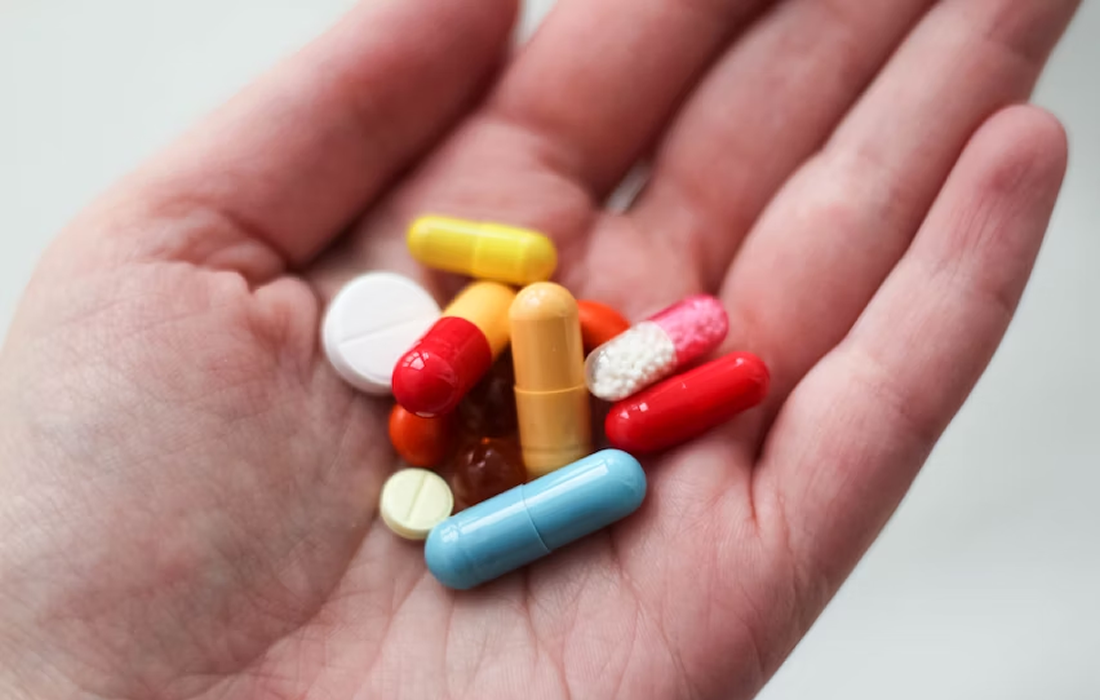Regenerative Medicine News and General Information
Melanoma: Probiotic Bacterium May Influence Immunotherapy Response
Currently, immunotherapy does not work for everyone. In some patients, tumors shrink or even disappear, while other people do not respond to immunotherapy.
Scientists are trying to figure out why different people have different responses to this form of cancer treatment.
One factor that may be responsible for the varying immunotherapy responsiveness is the gut microbiome — or the multitude of microbes found in the gut — which scientists believe may play a role in the body’s anticancer immune response.
Researchers have found that some gut bacteria may modify immune cell activity, whereas others may alter the effectiveness or toxicity of certain drugs.
The gut microbiome varies greatly from person to person. Even though individual humans are about 99.9% identical to one another in terms of DNA, they can be 80–90% different from one another in terms of their gut microbiome.
Now, a new study from the University of Pittsburgh, PA, investigated the effect of probiotics on melanoma immunotherapy response. Its findings appear in the journal Cell.
“Cancer patients, including those undergoing immune checkpoint inhibitor (ICI) therapy, are increasingly consuming probiotic bacteria. Probiotics have been found to influence responses to ICI therapy in melanoma. Yet, the mechanisms of how gut probiotics shape systemic tumor immunity and thereby modulate ICI efficacy remain poorly understood. Thus, we set out to test the role of four commonly used probiotic bacteria, including Lactobacillus reuteri.” said Dr. Marlies Meisel, senior study author and assistant professor at the University of Pittsburgh’s Department of Immunology.
Many cancers stop the body’s immune cells from attacking and killing tumors. In 2011, the Food and Drug Administration (FDA) approved the use of ipilimumab for the treatment of advanced metastatic melanoma.
Ipilimumab was the first in a class of drugs known as immune checkpoint inhibitors (ICIs), which help the immune system fight cancer by removing the “brakes” that cancer cells put on the body’s natural defenses.
To understand how probiotics alter ICI efficacy, the Pittsburgh researchers first had to identify gut bacteria that are capable of suppressing tumor growth.
The researchers orally administered four types of commensal, or “good,” bacteria to mice with melanoma: Bifidobacterium longum, Lactobacillus reuteri, Lactobacillus johnsonii, and Escherichia coli.
They chose these bacteria because they are often used as probiotics and are found in large quantities in the gut microbiome of melanoma patients who respond well to ICI treatment.
The researchers found that giving mice B. longum, E. coli, or L. reuteri on a daily basis, starting one day after implanting B16-F0 subcutaneous tumor cells, effectively slowed down the growth of melanoma and increased survival rates.
L. johnsonii did not have the same effect. L. reuteri was the most effective in suppressing tumors compared to the other two bacteria and the control group.
The researchers then examined the clinical significance of their mouse model results in a group of patients with advanced melanoma who either had a positive or negative response to ICI therapy.
Another melanoma mouse model study published in March 2023 also showed a positive correlation between the gut microbiome and cancer immunotherapy efficacy.
The conclusions of that study were that ICI treatment leads to inflammation in the digestive tract, which permits the migration of bacteria from the intestines to lymph nodes close to tumors, where they activate immune cells.
However, more research is needed to determine, first, how many different types of tryptophan-derived AhR ligand-releasing bacteria use this mechanism, and second, whether a diet high in tryptophan leads to more bacteria producing AhR ligands and better immune response in CD8 T cells.
The study authors would also like to go on and investigate how much exogenous, or external, versus endogenous, or internal activation of AhR affects tumor immunity in melanoma, and whether I3A can help patients with other types of ICI-resistant cancers.
Sources:
Mackenzie J. Bender, Alex C. McPherson, Catherine M. Phelp, et al. (2023). Dietary tryptophan metabolite released by intratumoral Lactobacillus reuteri facilitates immune checkpoint inhibitor treatment. Published:April 06, 2023. DOI: https://doi.org/10.1016/j.cell.2023.03.011
Image from: https://unsplash.com/photos/YT6COuf1gY0

